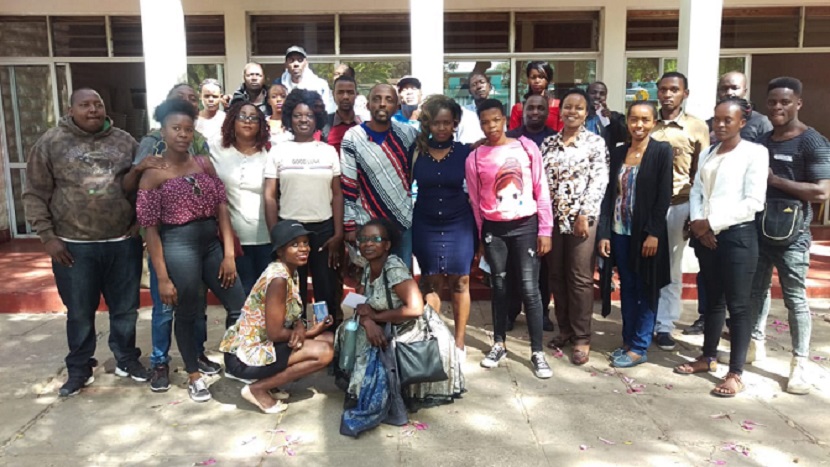Kenya is a country of diversity ranging from ethnic to gender, language, class, political affiliation, and religion among others. Unfortunately, conflicts along diversity fault lines are far too common due to failure to embrace and manage our differences. In almost all election years, ethno-political violence rears its ugly head, leaving in its wake a wave of death, destruction and highly polarized communities. Unequal gender relations have resulted in negative and harmful masculinities and femininities that normalize violence as a way of dealing with conflict. Religious intolerance has led to profiling of and general mistrust of some communities as well as individuals professing certain faiths. In addition, Kenya is increasingly becoming a country of “haves and have nots” thus generating mutual mistrust and resentment across the divide. This is especially the case in urban informal settlements and low-income areas. These areas are not only highly cosmopolitan but they are also a clear manifestation of social and economic inequality. Therefore, they become easy hot spots of violence that is based on manipulation of diversity as well as capitalization of feelings of exclusion and marginalization. It is against this background that CEEC with the support of GIZ-CPS, is implementing a project that seeks to promote respect for diversity among youth in five informal settlements in Nairobi namely Kibra, Korogocho, Mathare, Dandora and Kawangware. The project kicked off with a 3 days’ training, which was held from 14th to 16th April 2019. The training sought to strengthen the capacity of youth to promote cohesion building through recognizing, resisting and condemning manipulation of diversity. This is the message that the trainees were expected to take to their peers through a series of community conversations and radio talk shows.
Cohesion Building: Youth Promoting Respect for Diversity in Five Informal Settlements in Nairobi

